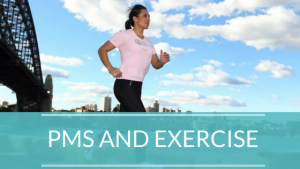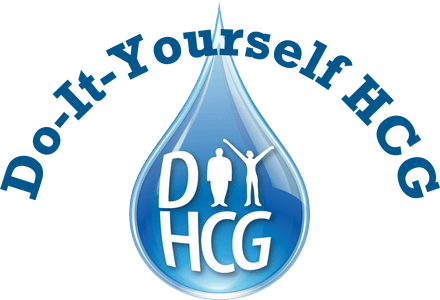6 Natural Ways to Fight PMS
 According to the U.S. Office on Women's Health, at least 85 percent of women suffer from at least one symptom of PMS as part of their monthly period. While the cause of PMS isn't clear, a few factors are probably involved in making it worse, including imbalanced hormone levels, inadequate consumption of vitamins and minerals, salty foods, alcohol and caffeine.
According to the U.S. Office on Women's Health, at least 85 percent of women suffer from at least one symptom of PMS as part of their monthly period. While the cause of PMS isn't clear, a few factors are probably involved in making it worse, including imbalanced hormone levels, inadequate consumption of vitamins and minerals, salty foods, alcohol and caffeine.
The most common symptoms of PMS include:
- Acne
- Swollen and tender breasts
- Fatigue
- Bloating
- Cravings
- Headache or backache
- Mood swings
- Muscle pain
- Anxiety or depression
In some cases, these may be severe enough to be diagnosed as premenstrual dysphoric disorder, or PMDD, which can be treated with medication.
But if you suffer from run-of-the-mill PMS symptoms that make your family go into hiding for a week and cause you to cry at toothpaste commercials and eat all the sugar in the house, you can alleviate these symptoms without medication. Here are six natural ways to do just that.
-
Re-Think Your Diet
A few dietary changes can go a long way toward relieving — or eliminating altogether — symptoms of PMS. These include reducing your intake of sugary, salty, and refined foods, easing up on the caffeine and alcohol consumption, and increasing your fiber intake by eating plenty of fruits, nuts, seeds, beans, and whole grains. Increase your omega-3 fat intake by eating more fish, eggs, and walnuts. Eat at regular intervals throughout the day, and don't eat within three hours of bedtime.
-
Exercise
The last thing you want to do when you're crampy and cranky and bloated and tired is to get off the couch and get some exercise. But doing just that can help reduce the severity of your PMS symptoms. Regular exercise — the CDC recommends 30 minutes of moderate-intensity exercise five days a week — helps to balance hormones and keep your blood sugar stable as well as reduce feelings of anxiety and depression.
-
Sleep
Adequate sleep is essential for hormonal balance and numerous other body functions. Improving your sleep can help reduce symptoms of PMS. Strive for seven to nine hours of shut-eye each night. Keep your bedroom dark and cool for the best possible night's sleep.
-
Get acupuncture
A recent study found that acupuncture helped to alleviate symptoms of PMS — including cramps, insomnia, anxiety, and headaches — in 78 percent of the study's participants. Acupuncture is believed to increase circulation and promote the release of endorphins to enhance your mood. Most women find relief within 24 hours of the procedure.
-
Take supplements
Take 1,200 mg of calcium before bed to reduce headaches, mood swings, muscle cramps and to help make you sleepy. To reduce irritability and depression, take 100 mg of vitamin B6 each day during your period. To ease muscle pain and reduce other symptoms of PMS, take 800 mg of magnesium daily.
-
Reduce your stress
Stress can worsen all of the symptoms of PMS, and keeping your stress levels down translates to better health across the board. Try daily meditation to help reduce stress over the long-term. Deep breathing can reduce stress hormones on the spot, and daily yoga not only reduces stress but can also help to alleviate the various symptoms of PMS.


